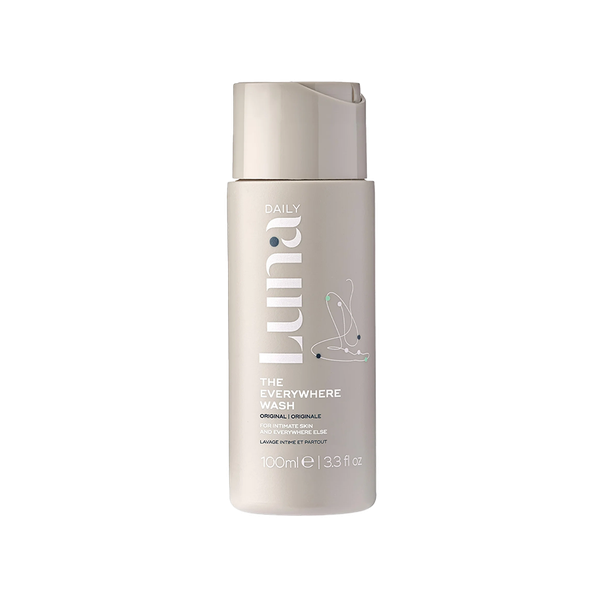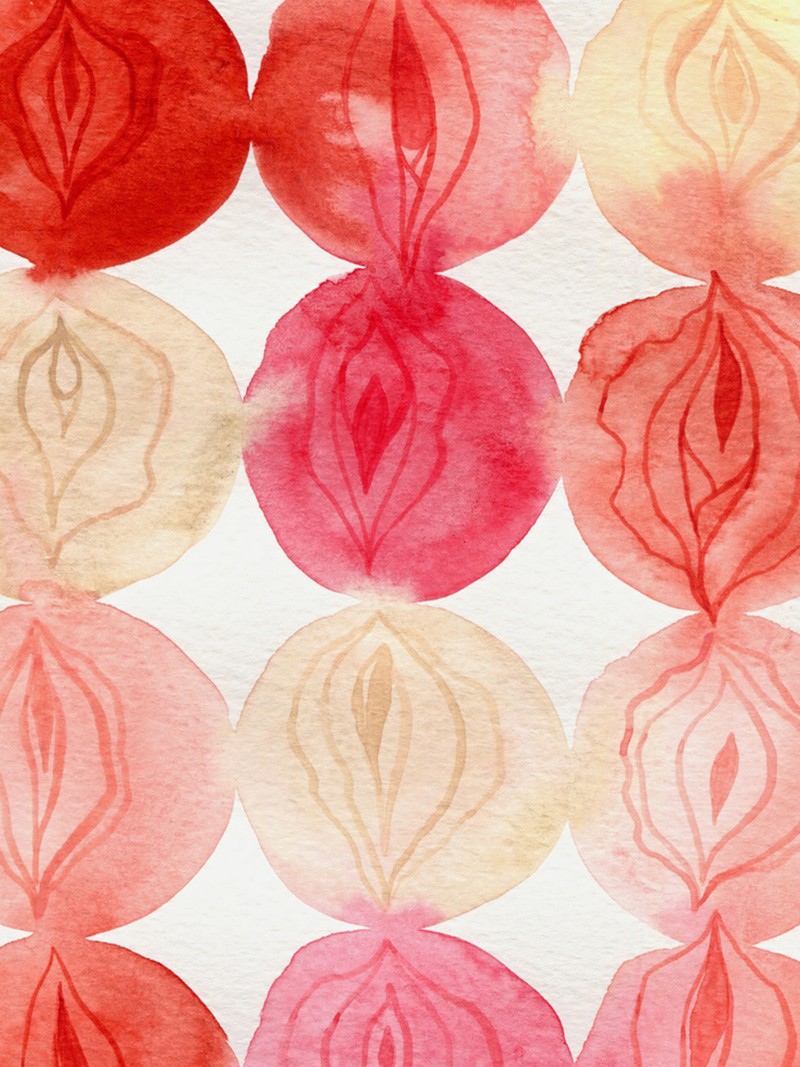
Vaginal Health: Here’s What You Need To Know
What exactly is the vaginal microbiome?
Most of us are familiar with the gut microbiome, but fewer know the vagina has its own bacterial ecosystem – and it’s just as important. “Our vagina plays host to millions of bacteria,” says nutritional therapist Alison Hall. “It’s a dynamic environment that fluctuates in response to hormones – menstruation, sex and menopause all play a role. The beneficial bacteria, primarily lactobacilli, help keep the pH slightly acidic, which protects against thrush, BV, UTIs and even STIs.”
Nutritionist Hannah Alderson, author of Everything I Know About Hormones, agrees: “Think of your vaginal microbiome as a thriving community of beneficial bacteria that maintain harmony and protect your health. Unlike the gut, which thrives on diversity, the vaginal microbiome should be low in diversity and dominated by lactobacilli – the same species found in fermented foods like kefir. This balance helps prevent the growth of harmful bacteria.”
If you have an imbalance in your gut, is this reflected in your vaginal microbiome?
Every microbiome site in the human body – whether it’s the oral, gut, vagina or urinary microbiome – is interconnected, says Emily Blake, nutritional therapist at Invivo. “In the last few years, studies have proven there is a gut-vagina axis, which speaks to the interconnectedness of the gut and vaginal microbiome, and how microbes in the gut can translocate to the vagina.”
Unlike the gut microbiome, which harbours lots of different types of bacteria that have different functions, the vaginal microbiome is dominated by one type of bacteria called lactobacillus. “If you keep the lactobacilli in your gut healthy, this will ensure there is a good reservoir of them for your vagina,” says Emily.
What lifestyle habits throw the vaginal microbiome out of balance?
Period Care
"Use organic cotton tampons and change them every two to four hours – including after a bowel movement," says Alison. "Menstrual blood is alkaline, so prolonged exposure can disrupt the acidic environment."
Underwear Choices
"Avoid thongs and synthetic fabrics like Lycra and nylon if you’re prone to infections. Cotton really is best – it’s breathable and helps keep moisture at bay," says Alison.
Sex
"Sex can alter the vaginal pH. If you suffer with recurrent infections and aren’t trying to conceive, barrier methods like condoms can help," Alison advises.
Cleansing
"Avoid soaps and fragrances – they can make the vaginal environment more alkaline and wipe out the good bacteria. Same goes for some lubes and spermicides. Look for pH-friendly brands like YES and Hanx,” says Alison.
Menopause
"Oestrogen plays a big role in supporting the microbiome," says nutritionist Natasha Evans. "It helps feed lactobacilli by depositing glycogen in the vagina, which acts as food for them. As oestrogen drops in menopause, the vaginal pH rises and good bacteria levels fall, often resulting in dryness, irritation and infections."
Antibiotics
"They might help fight infection, but they also wipe out beneficial bacteria," adds Natasha. "It’s important to replenish with probiotics after a course."
Hair Removal
"Pubic hair serves a purpose – it protects against pathogens and irritation by acting as a barrier," says Natasha.
Smoking
"Nicotine has even been found in vaginal secretions – it’s toxic for your microbiome," says Alison.
Lifestyle Factors
"Chronic stress, poor blood sugar control, lack of sleep and low immunity can all disrupt your microbiome. Think of your vaginal health as an extension of your overall wellbeing," Emily adds.
How do you know if your microbiome is out of balance?
"If you suffer with regular UTIs, thrush, BV or unusual discharge, irritation, soreness or odour, it’s worth investigating," says Alison. "And if you’ve experienced miscarriage or fertility issues, there could be a connection."
Studies have shown a strong link between the vaginal microbiome and PCOS, adds Natasha. "We think this is due to how the gut helps regulate oestrogen, which in turn shapes the vaginal microbiome. Supporting your gut and hormones is a key part of the puzzle.”
Can it affect fertility and pregnancy?
"There’s some really promising research coming out," says Emily. "Tommy’s – the pregnancy charity – recently found a strong link between low levels of lactobacilli and miscarriage risk."
Alison adds: "We believe vaginal infections could account for 15% of early miscarriages and up to 66% of later ones. An imbalanced microbiome can increase inflammation and change pH, making the environment less friendly for sperm and implantation. What’s more, some women have no symptoms, so they don’t even realise there’s a problem."
Can you test your vaginal microbiome?
"Yes, and testing is easier than ever," says Natasha. "Daye’s at-home test is brilliant – you use a specially designed tampon to collect your sample, which gives more accurate results than a swab. Invivo also offers microbiome tests, but these are ordered through practitioners."
It’s not just about spotting bad bacteria, adds Alison. "It’s also about identifying the absence of the beneficial ones – which can be just as important.”
How can you support your vaginal microbiome?
Eat Smart
"Prebiotic-rich foods like garlic, onions, wholegrains, lentils and berries are great, as are fermented options like kefir, kombucha and kimchi," says Emily.
"Many are surprised to learn diet significantly affects vaginal health," says Hannah. "High-sugar diets can feed yeast and harmful bacteria, but probiotic-rich foods like live yoghurt and fermented veg help promote a healthy microbiome. Fibre is important too – it keeps the gut moving and helps flush excess hormones."
Hygiene First
"Sterilise your sex toys, avoid over-washing, and switch to chemical-free sanitary products. And encourage your partner to get STI-tested," says Emily.
Balance Hormones
"Load up on cruciferous veg like broccoli and cauliflower, as well as flaxseeds and soy-based foods to support oestrogen balance," Emily advises.
Control Blood Sugar
"Big glucose spikes can throw off your microbiome. Avoid ultra-processed carbs, manage stress and stay active," Emily says.
De-Stress
"Sleep, natural light, calming supplements like magnesium and lemon balm – it all matters. Your nervous system and microbiome are closely linked," says Emily.
Try Pelvic Floor Work
"A strong pelvic floor supports vaginal health, bladder control, sexual function and core stability," says Hannah. "Simple exercises like Kegels and Pilates can make a real difference."
Consider Targeted Supplements
"The rise of probiotic supplements specifically formulated for vaginal health is exciting," says Hannah. "Strains like Lactobacillus crispatus and Lactobacillus rhamnosus have been shown to support vaginal flora. There are also new pH-balancing gels and prebiotic-infused products emerging – it’s still early days, but the innovation is promising and empowering for women."
SHOP THE PRODUCT EDIT
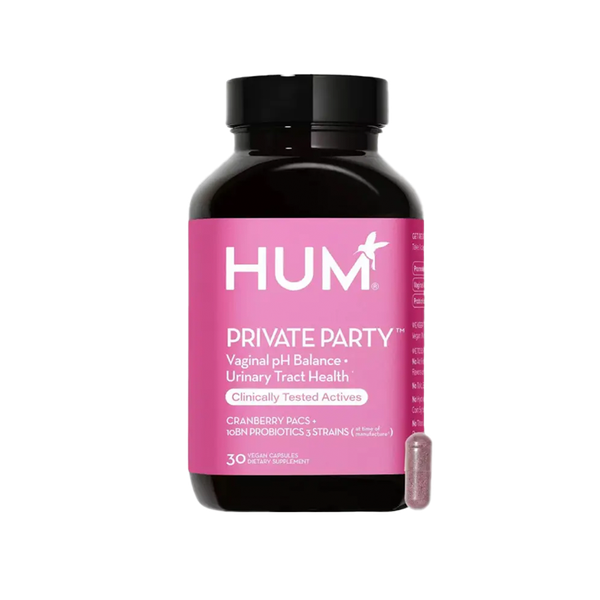
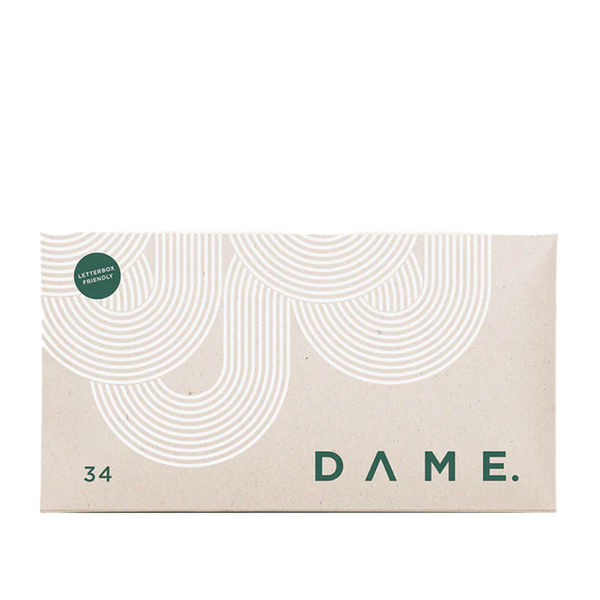
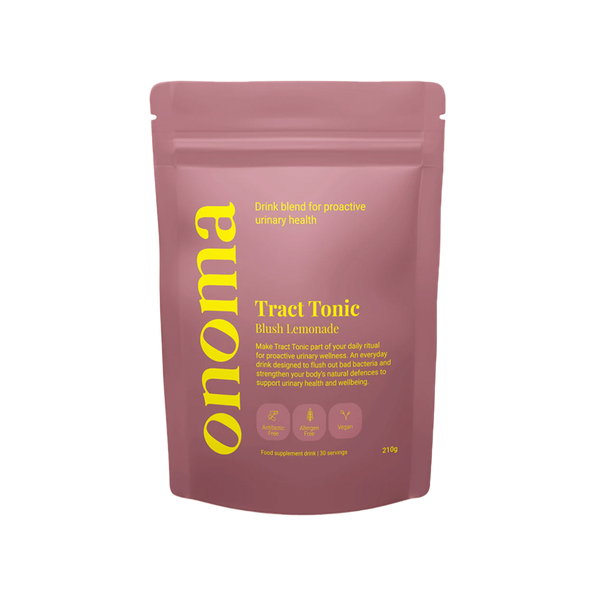
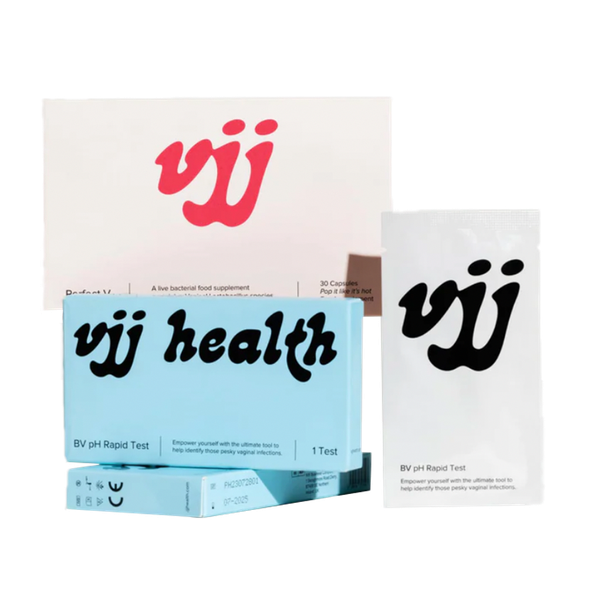
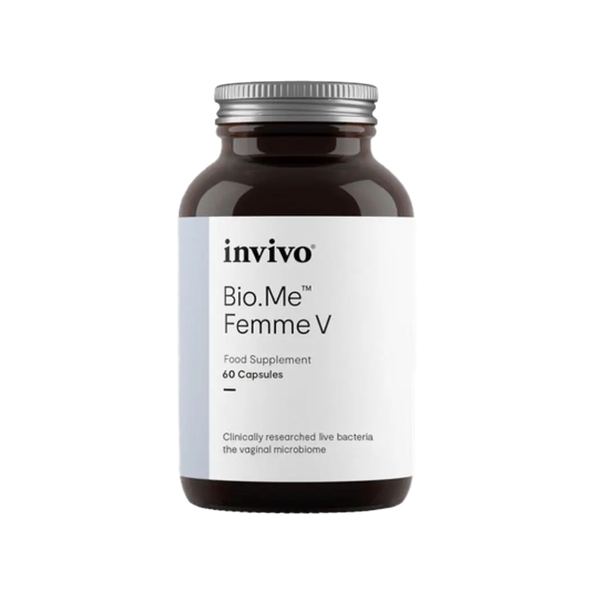
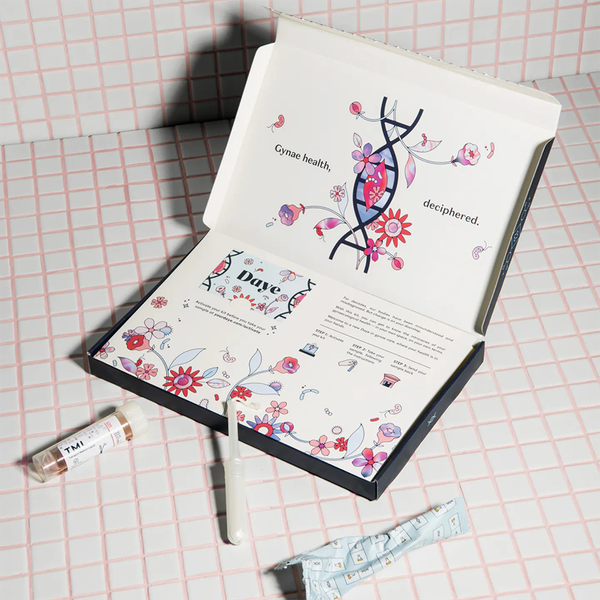
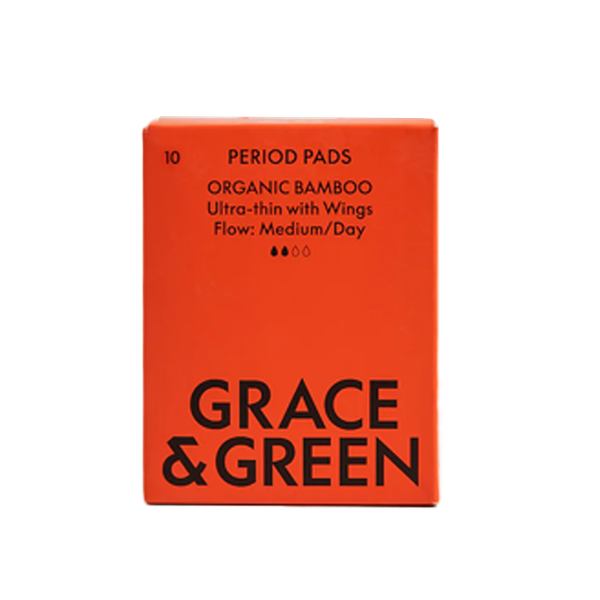
DISCLAIMER: Features published by SheerLuxe are not intended to treat, diagnose, cure or prevent any disease. Always seek the advice of your GP or another qualified healthcare provider for any questions you have regarding a medical condition, and before undertaking any diet, exercise or other health-related programme.
DISCLAIMER: We endeavour to always credit the correct original source of every image we use. If you think a credit may be incorrect, please contact us at info@sheerluxe.com.
